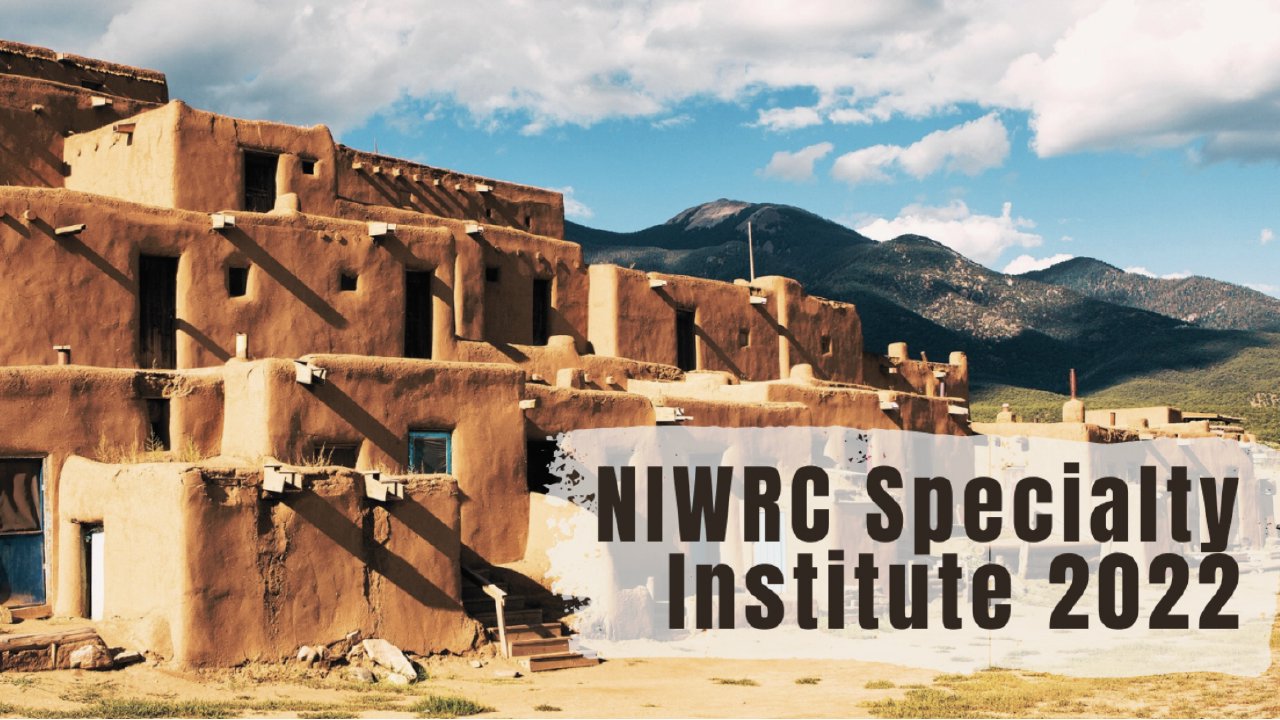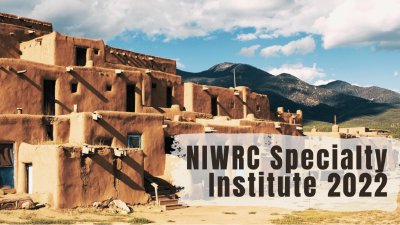The STTARS Indigenous Safe Housing Center has strategically developed a critical partnership with the Cardozo Law Institute in Holocaust and Human Rights (CLIHHR) to implement a key project of the Center. CLIHHR conducts research and provides legal assistance through its “action arm”—the Benjamin B. Ferencz Human Rights and Atrocity Prevention (“HRAP Clinic”). In the past year, the students of HRAP have been working with STTARS Indigenous Safe Housing Center on the Tribal Housing Code Clearinghouse. The goal of this Clearinghouse is to better understand how tribal and federal law and policy affect the ability of Indigenous survivors of gender-based violence to access, maintain, and sustain safe housing and shelter. This session will explore the process, progress, and next steps for this project, and participants are encouraged to bring their Tribal Housing Codes (and policies/codes related to gender-based violence and housing) and share out on best practices, gaps, and ideas for increasing safety and housing/shelter access in Tribal communities.

Human Rights Clinic on Tribal Housing Code and Domestic Violence
June 30, 2022 • Caroline LaPorte, Jocelyn Getgen Kestenbaum, Brett Jones
More from
Specialty Institute June 2022





